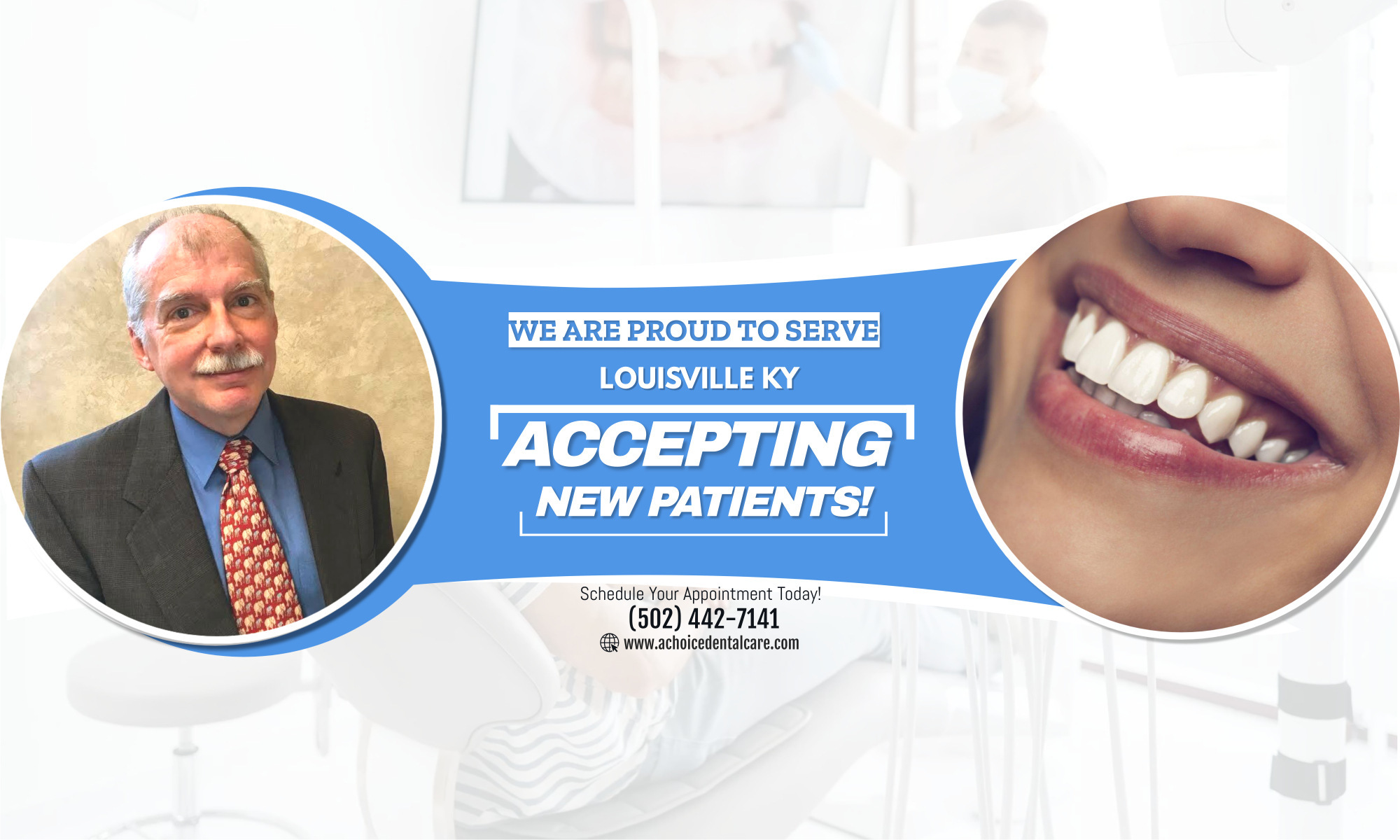If you take part in sports that carry a significant risk of injury, you should wear a mouth protector.
Accidents can happen during any physical activity and, if you participate in sports such as football, hockey, basketball, baseball, gymnastics and volleyball, you might be grateful for the extra protection one day.
Something as simple as a misdirected elbow in a game, or a spill off a bicycle, can leave you with chipped or broken teeth, nerve damage to a tooth or even tooth loss.
Mouth protectors usually cover the upper teeth and they can cushion the effect of a blow to the face, reducing the risk of broken teeth and injuries to the soft tissues of the mouth.
In addition, if you wear dental appliances such as braces on your lower jaw, your dentist may suggest a mouth protector for these teeth as well.
A properly fitted mouth protector will stay in place while you are wearing it, making it easy for you to talk and breathe. The three main types of mouth protectors are:
Stock: These are inexpensive and come ready to wear. But they often don’t fit very well and they can be bulky � making breathing and talking difficult.
Boil and bite: These can also be bought at many sport stores and may fit better than stock mouth protectors. You first soften them in water, then insert them and allow them to adapt to the shape of your mouth.
Custom-fitted: Protectors that are specially made for you by your dentist are more expensive but are likely to fit better than one you buy off the shelf.
Choosing to wear the right mouth protector can help you avoid serious long-term damage to your teeth and mouth.
